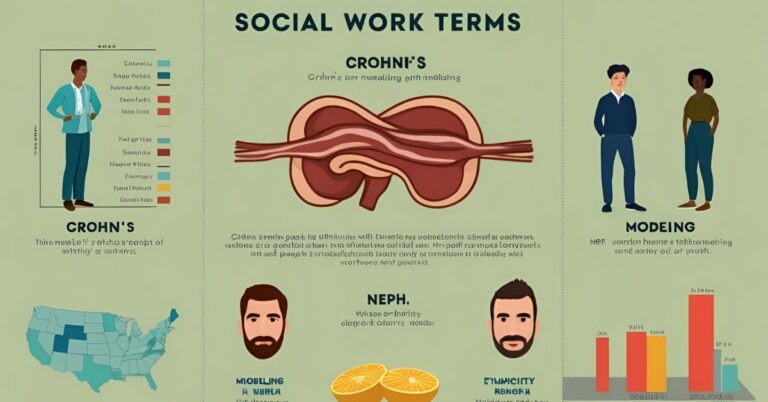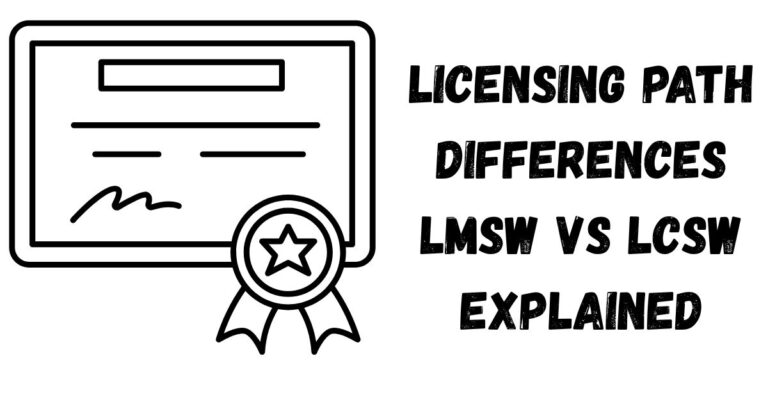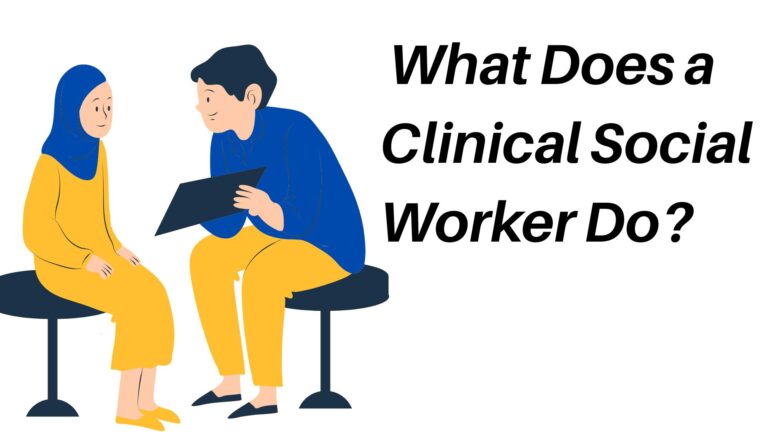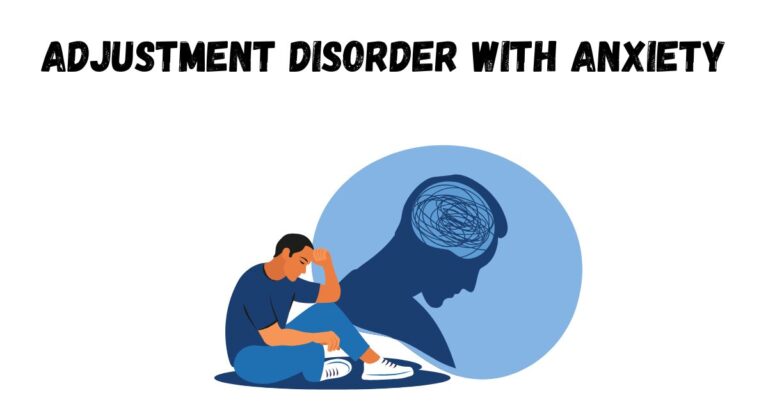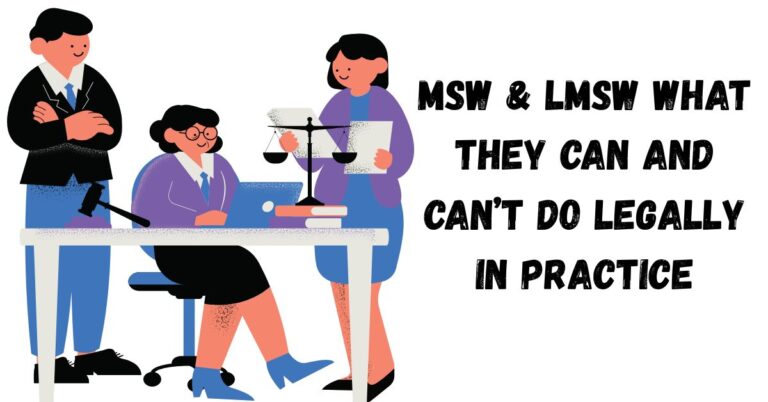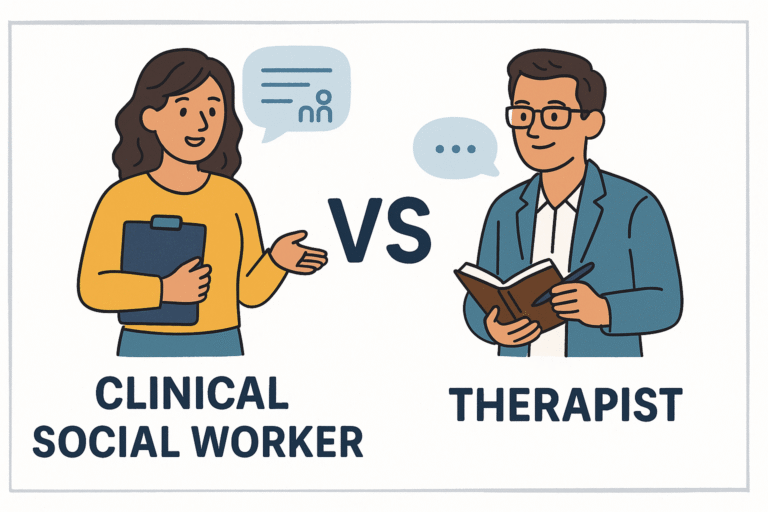12 Social Work Skills You Can’t Ignore in 2025
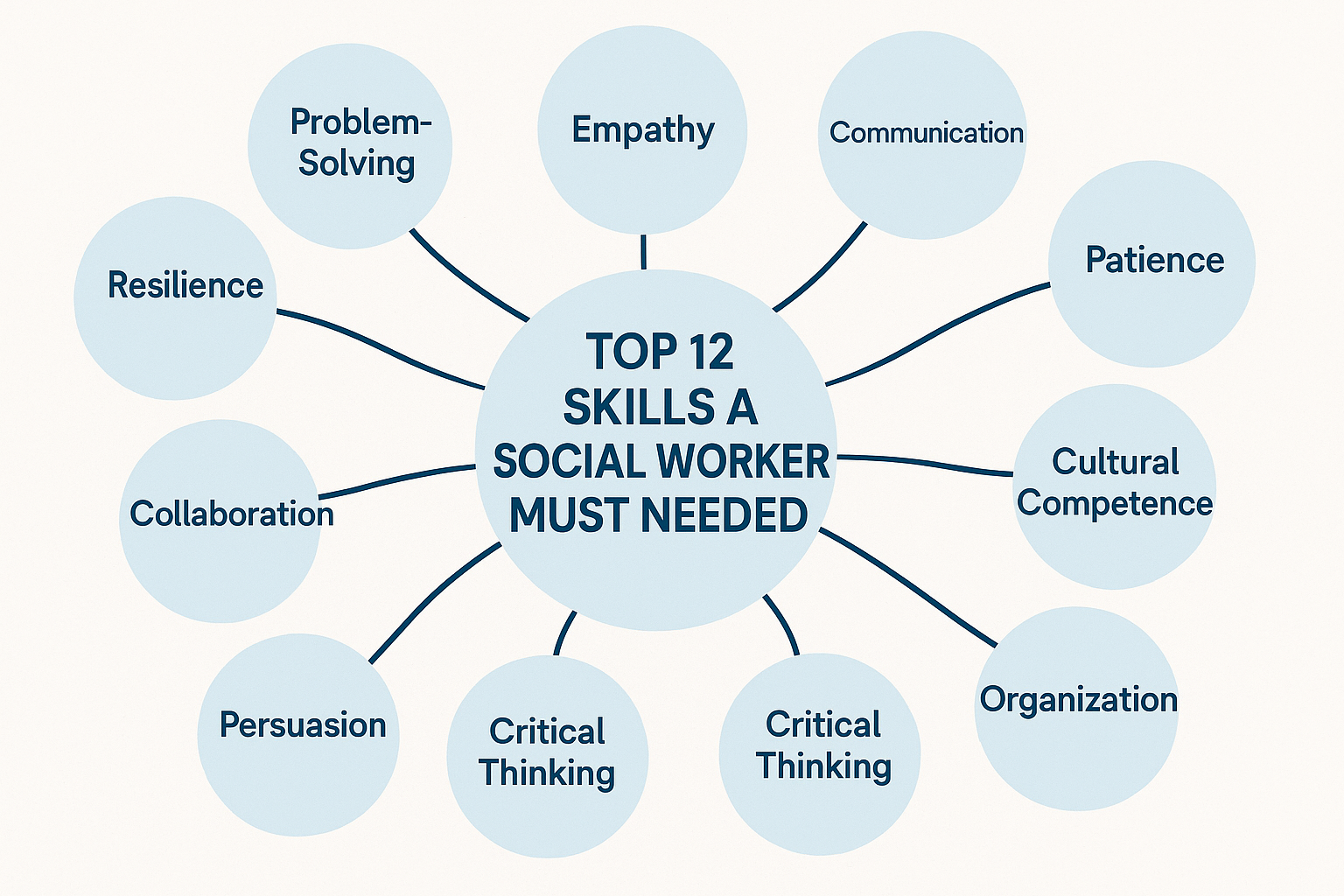
The future of social work is changing fast. In 2025, people need help in new ways, and social workers are stepping up to meet those needs. If you’re dreaming of being a great social worker, here are the top skills needed for social workers today. These must-have skills for a social worker will help you make a real difference.
What Are the Most Important Social Work Skills in 2025?
In 2025, social workers need strong empathy, communication, critical thinking, and tech-savvy skills. The most important social work skills include emotional intelligence, case management, trauma-informed care, and cultural competence to keep up with modern needs.
1. Emotional Intelligence and Empathy
Caring about others is the heart of social work. Emotional intelligence in social work means understanding your feelings and the feelings of others. With strong empathy, you can connect with people and help them feel safe and supported. These are powerful social work soft skills to have.
2. Communication in Social Work
Good communication in social work helps you explain, listen, and support others. Whether you’re talking, writing, or messaging, great interpersonal skills in social work help you share ideas clearly and kindly.
3. Active Listening and Problem-Solving
Active listening means really paying attention when someone talks. It’s important to understand what people are going through. Then, with good problem-solving, you can work together to find helpful solutions using smart professional social work tools.
4. Cultural Competence and DEI Awareness
People come from many backgrounds. Being open-minded and respectful shows cultural competence. Learning about inclusive social work practices and DEI in social work helps you treat everyone with fairness and kindness.
5. Case Management Skills
Being organized is a big part of being a helper. With strong case management skills, you keep track of people’s needs and help them get the right support. This is very important in mental health services, child welfare, and community social work.
Choosing Macro vs Micro Social Work in 2025? Start Here
6. Trauma-Informed Practice
Some people have gone through hard times. With trauma-informed care, you learn how to help them feel safe and strong again. Knowing this builds resilience in both you and the people you help.
Top Skills of a Social Worker at a Glance
| Skill | Why It Matters in 2025 | Where It Applies |
| Emotional Intelligence | Builds trust and deeper understanding | Counseling, crisis support |
| Communication | Helps explain and advocate effectively | Schools, healthcare, court systems |
| Case Management Skills | Keeps support systems organized | Child welfare, clinical social work |
| Cultural Competence | Ensures fair and respectful support for all people | Community outreach, DEI programs |
| Trauma-Informed Care | Supports healing for individuals with past trauma | Mental health, schools, shelters |
| Digital Tools & Tech Skills | Keeps up with modern, remote, or hybrid service delivery | Remote work, digital case tracking |
7. Technology and Digital Tools
Today, social workers use phones, computers, and apps to help others. Learning about digital tools for social workers and tech in human services makes your job easier and better.
8. Advocacy and Ethics
Social workers stand up for people. Advocacy means speaking up when someone needs help. Following the rules of social work ethics and listening to groups like NASW and CSWE helps you do what’s right. Strong ethics and values are key.
9. Critical Thinking
Social workers face tough choices. Critical thinking helps you look at all sides of a problem and make smart, fair decisions. It’s a helpful skill in jobs like clinical social work.
10. Time Management and Organization
Being a social worker means staying on top of many things. Time management and being organized help you do your best work and avoid stress. It’s part of great professional development in social work.
11. Collaboration and Teamwork
Social workers often work with teachers, nurses, and others. With strong collaboration skills, you can be a great teammate and help people together.
12. Keep Learning and Growing
Learning doesn’t stop. Social work education, training, and practice help you grow. When you learn about burnout prevention for social workers, remote social work skills, and AI and social work, you stay ready for the future.
Final Thoughts
If you want to know how to become a better social worker in 2025, start with these 12 skills. They will help you do your best, connect with people, and grow in your social work career. Whether you’re a student in a field placement or building your MSW skills, this social work skills list will help you shine.
Want to keep getting better? Learn more about professional development skills for social workers and discover ways to succeed in today’s exciting world of social work.
FAQ
Q: What are the most in-demand social work skills for 2025?
A: The most in-demand skills include communication in social work, empathy, trauma-informed care, and digital tools for social workers.
Q: How can MSW students build professional social work tools and soft skills?
A: They can grow through field placement, online training, DEI workshops, and practicing critical thinking and resilience in real-life situations.

